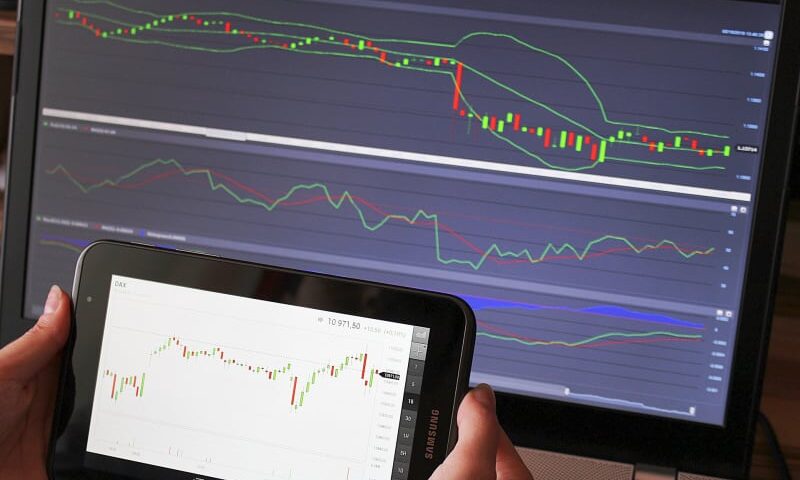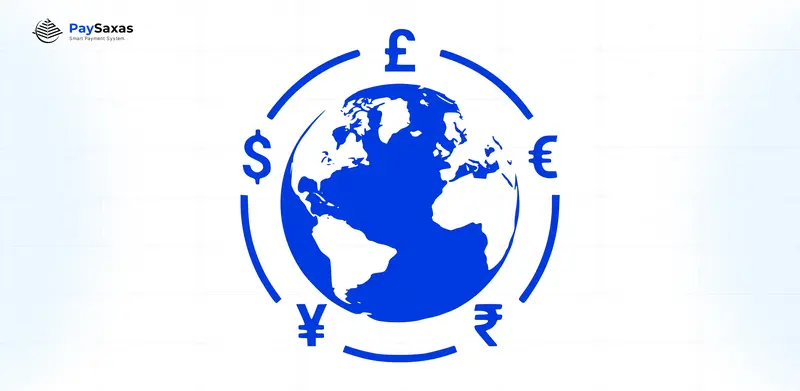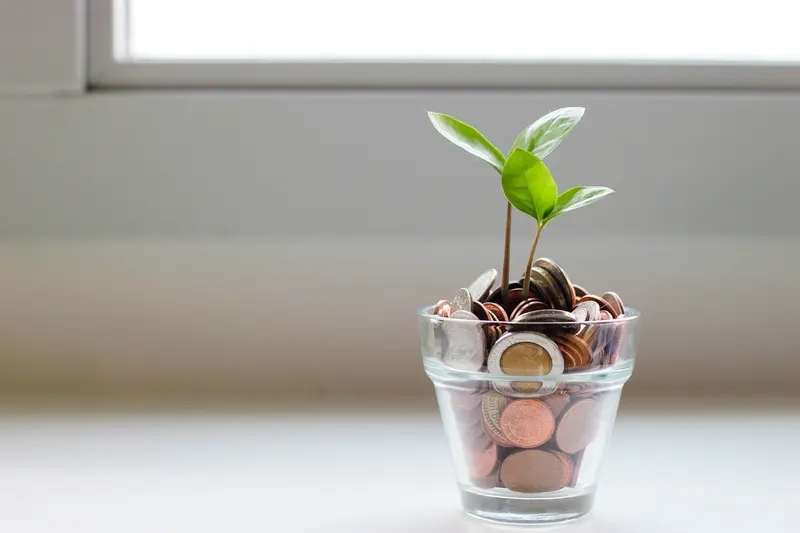Overtrading – friend or foe in the forex market?

The number 555 is an angelic number – do you know what it means?
7 March 2023
INTJ personality type – Architect
10 March 2023
Overtrading - przyjaciel czy wróg na rynku Forex?
The mistakes of a beginner forex trader can be multiplied indefinitely. Insufficient knowledge of the market, lack of investment strategy, too much capital involved in transactions. These are just examples of mistakes that can result in zeroing out an account. What we encounter most often, however, is called the phenomenon of overtrading. What is overtrading and how to get rid of this problem in our daily investment decisions?
What is the phenomenon of Overtrading?
Overtrading is, in simple terms, a phenomenon in which we execute far more trades than our plans and assumptions of sound risk management would suggest. Any investment strategy should take into account the issue of capital commitment in active orders in the market. We deal with overtrading when these assumptions are bent, and we decide to open significantly more trades with the hope of making an above-average profit.
Opening too many trades that are unacceptable in terms of the trading plan is a sure step towards ill-considered losses. The more such losses, the more we will want to make a profit and how to do it quickly? By opening more poorly analyzed positions. This is a dangerous phenomenon, the source of which is greed and the desire to make a quick buck in the foreign exchange market. Sooner or later every trader will get caught using overtrading, but unfortunately only a few come to the conclusion that the forex market is not a money-making machine but a place where our mistakes are enforced ruthlessly.
When will the number of trades made be alarming?
As mentioned earlier, practically every trader at some stage will show signs of being inclined to overtrading. This is the point at which it will be crucial to identify this condition in yourself. Why are we opening so many positions? Is the recent weak streak in the market prompting us to open more positions? Are we even sticking to our trading plan?
It’s worth pausing for a moment to make sure that each trade is properly analyzed and that we are not exceeding the percentage of capital employed in open trades? If these elements are not met, we can identify in ourselves the destructive beginnings of overtrading. It’s not the end of the world – it can be fought, but we must rely on the power of our self-discipline.
How to stop the destructive phenomenon of Forex overtrading?
There are several proven ways to reduce the frequency of trades and focus only on qualitative setups that will allow us to rake in a profit significantly higher in the long run than the dozen or so small and risky trades we are used to every day.
First of all, let’s focus on basing our daily trading on the daily chart, which is 24 candles in which potential set-ups do not happen every minute. If we do not go down to the lower intervals, there is a high probability that we will focus only on the more certain signals. If, in addition, we limit the markets on which we are active, our quality of trading will be much higher.
For many people, setting a limit on the trades they open proves to be a very effective way to stop overtrading. A limit of 5 trades? How about limiting ourselves to only a token three? At any given time, our priority is to minimize ill-considered transactions. Until we learn this, such restrictions will be necessary. And with a limit of three transactions, we will think several times before we decide to commit capital to a particular transaction.
The above article is not investment advice. All information and data and studies contained in venus-and-mars.com are for informational or statistical purposes. Therefore, they cannot be treated as an encouragement to make a selected investment decision. Neither can they be treated as investment advice or a binding assessment of the investment market or any other financial instrument. Any investment decisions made by a user of venus-and-mars.com are made at the user’s own risk and responsibility. The information contained in the service does not constitute a recommendation and investment advice within the meaning of (art.42 paragraph 1 and art.76) of the Act of July 29, 2005 on investment advice (Journal of Laws 2005 No. 183 item 1538 as amended).
Joanna Pera
Related articles:

Benefits of Using OTC Crypto Exchanges

Navigating EMI Licensing and Foreign Bank Account Opening with Incluence

Navigating Customer Refunds. Photo: unsplash.com

